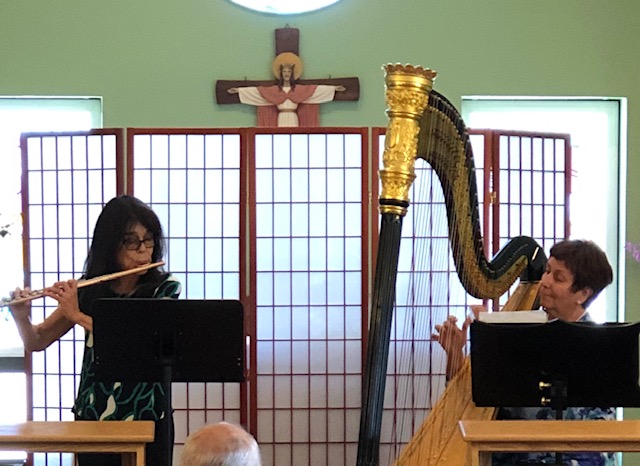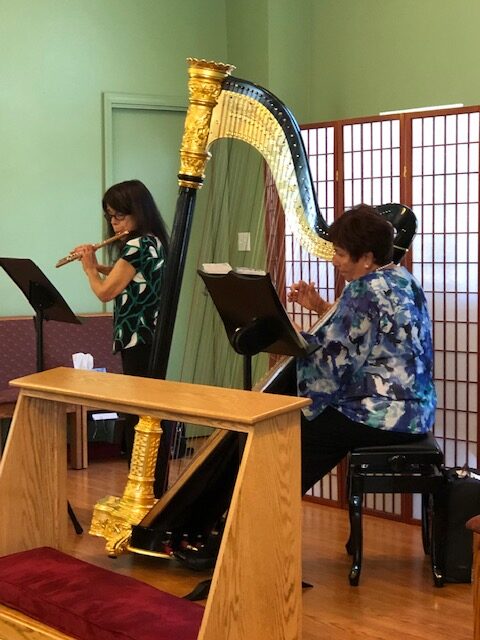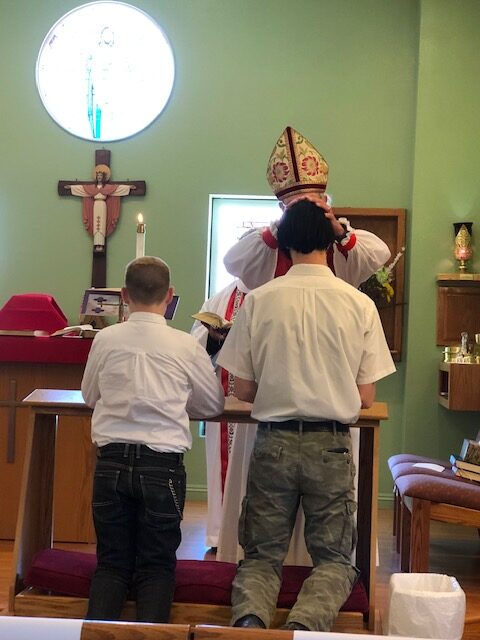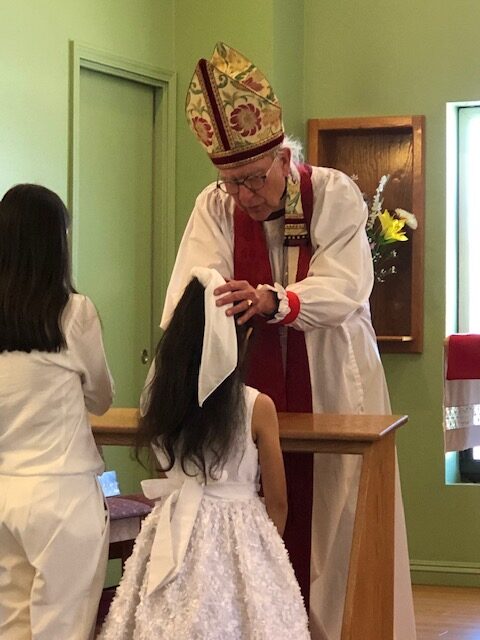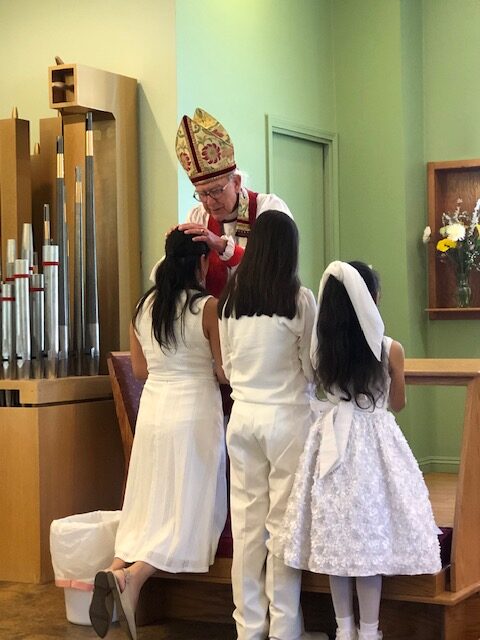Pancake Day
bv Ellen Castelow
Pancake Day, or Shrove Tuesday, is the traditional feast day before the start of Lent on Ash Wednesday. Lent – the 40 days leading up to Easter – was traditionally a time of fasting and on Shrove Tuesday, Anglo-Saxon Christians went to confession and were “shriven” (absolved from their sins). A bell would be rung to call people to confession. This came to be called the “Pancake Bell” and is still rung today.
Shrove Tuesday always falls 47 days before Easter Sunday, so the date varies from year to year and falls between February 3 and March 9. In 2020 Shrove Tuesday will fall on February 25th. Shrove Tuesday was the last opportunity to use up eggs and fats before embarking on the Lenten fast and pancakes are the perfect way of using up these ingredients.
A pancake is a thin, flat cake, made of batter and fried in a frying pan. A traditional English pancake is very thin and is served immediately. Golden syrup or le:mon juice and caster sugar are the usual toppings for pancakes.
The pancake has a very Iong h.istory and featured in cookery books as far back as 1439. The tradition of tossing or flipping them is almost as old: “And every man and maide doe take their turne, nd tosse their Pancakes up for feare they burne.” (Pasquil’s Palin, 1619)
The ingredients for pancakes can be seen to symbolize four points of significance at this time of year:
- Eggs – Creation
- Flour – The staff of life
- Salt – Wholesomeness
- Milk – Purity
Recipe
To make 8 or so pancakes you will need 8oz plain flour, 2 large eggs, 1 pint milk, salt.
Mix all together and whisk well. Leave to stand for 30 minutes. Heat a little oil in a frying pan, pour in enough batter to cover the base of the pan and let it cook until the base of the pancake has browned. Then shake the pan to loosen the pancake and flip the pancake over to brown the other side.
In the UK, pancake races form an important part of the Shrove Tuesday celebrations – an opportunity for large numbers of people, often in fancy dress to race down streets tossing pancakes. The object of the race is to get to the finishing line first, carrying a frying pan with a cooked pancake in it and flipping the pancake as you run.
The most famous pancake race takes place at Olney in Buckinghamshire. According to tradition, in 1445 a woman of Olney heard the shriving bell while she was making pancakes and ran to the church in her apron, still clutching her frying pan. The Olney pancake race is now world famous. Competitors have to be local housewives and they must wear an apron and a hat or scarf. Each contestant has a frying pan containing a hot pancake. She must toss it three times during the race. The first woman to complete the course and arrive at the church serve her pancake to the bellringer and be kissed by him is the winner.

